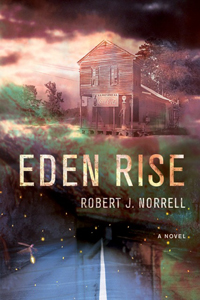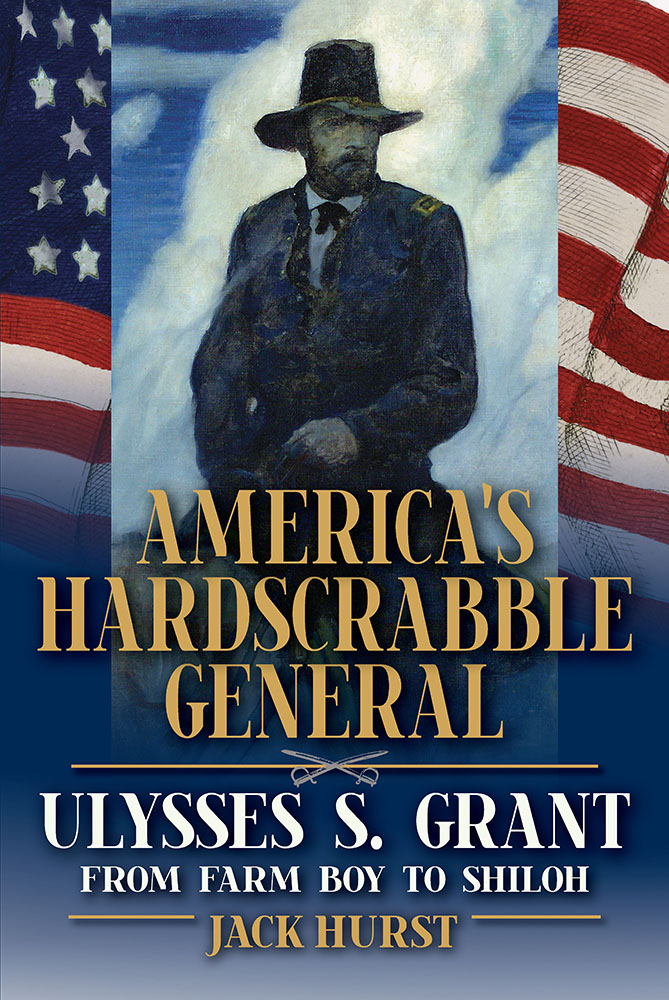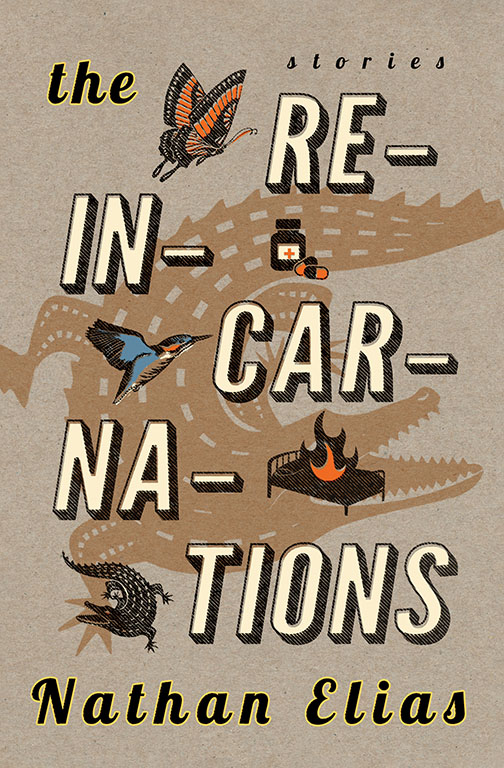South of Eden
Robert J. Norrell’s new novel of race, violence, and injustice in 1960s Alabama is a thoughtful and captivating tale in the best tradition of the Southern courtroom drama
The option of using courtroom settings as a backdrop for stories exploring the nature of race relations in the American South has long proven irresistible to authors and filmmakers alike. Perhaps because of the actual historical importance of the courts to the establishment, enforcement, and ending of Jim Crow, or perhaps because of the opportunity to juxtapose the gothic nature of everyday Southern life with the theoretically civilized, fair, and orderly atmosphere of a court, it is a genre that continues to produce fine and thought-provoking novels and films. Eden Rise by Robert J. Norrell, a history professor at the University of Tennessee in Knoxville, is just such a work of literature.
 The novel opens in the 1990s, when Tom McKee, now a middle-aged white Alabaman, learns there is to be a re-trial of the murderer of his friend Jackie Herndon, a black man, who was killed as they were traveling from Duke University to Tom’s hometown of Eden Rise, Alabama, back in 1965. Forced to confront what he has used distance, alcoholism, and denial to escape, Tom tells the story of the murder and the original trial, interspersing his memories with reflections on what it means to him to be facing these issues once again.
The novel opens in the 1990s, when Tom McKee, now a middle-aged white Alabaman, learns there is to be a re-trial of the murderer of his friend Jackie Herndon, a black man, who was killed as they were traveling from Duke University to Tom’s hometown of Eden Rise, Alabama, back in 1965. Forced to confront what he has used distance, alcoholism, and denial to escape, Tom tells the story of the murder and the original trial, interspersing his memories with reflections on what it means to him to be facing these issues once again.
The murder itself is morally straightforward: while driving Jackie and a self-confident and somewhat abrasive friend of his, Alma, to take part in a “freedom school” that trains local blacks in how to protest segregation and register to vote, Tom stops at a rural gas station where the owner, Buford Kyle, a bitter and aggressive racist, suspects Alma of being an “outside agitator.” Following a heated exchange, Kyle produces a shotgun with which he shoots and kills Jackie. In self-defense, Tom returns fire, wounding Kyle. Shortly thereafter, word comes to the McKees that Kyle will be tried for the murder of Jackie while Tom will be tried for the attempted murder of Kyle. The all-white jury is expected to exonerate Kyle and convict Tom. The rest of the story uses the looming retrial to highlight the impact of Tom’s actions on his family, hometown, and race relations in Alabama.
 Norrell’s characters vividly represent a wide spectrum of Southern life and opinion. Tom’s terminally ill grandmother, Bebe, enjoys good if paternalistic relations with the local black population. Buddy, Tom’s father, reluctantly became a civic leader at Bebe’s request and now resents what Tom’s actions have done to his standing in the town. Eden Rise’s black population includes Junior, a hulking but quick-witted farm worker on the McKees’ land, and the Reverend Banks, a close associate of Bebe and the spiritual leader of the local community. Added to this mix are Tom’s attorney, Joe Black Pell, a fast-talking and effective lawyer with a flexible interpretation of professional norms of behavior, and Marvin, a Chicago-based ex-con who becomes Tom’s bodyguard. Marvin is attracted to Tom’s sister, Cathy, thus raising the issue of inter-racial sexuality, a subject even the racially liberal Tom admits to feeling queasy about.
Norrell’s characters vividly represent a wide spectrum of Southern life and opinion. Tom’s terminally ill grandmother, Bebe, enjoys good if paternalistic relations with the local black population. Buddy, Tom’s father, reluctantly became a civic leader at Bebe’s request and now resents what Tom’s actions have done to his standing in the town. Eden Rise’s black population includes Junior, a hulking but quick-witted farm worker on the McKees’ land, and the Reverend Banks, a close associate of Bebe and the spiritual leader of the local community. Added to this mix are Tom’s attorney, Joe Black Pell, a fast-talking and effective lawyer with a flexible interpretation of professional norms of behavior, and Marvin, a Chicago-based ex-con who becomes Tom’s bodyguard. Marvin is attracted to Tom’s sister, Cathy, thus raising the issue of inter-racial sexuality, a subject even the racially liberal Tom admits to feeling queasy about.
As the story unfolds, Norrell skillfully weaves various social and cultural undercurrents into the narrative and allows very few characters to emerge as morally uncomplicated. Tom is racially liberal but resents his sister’s feelings for Marvin and has a condescending attitude toward the “crackers” who are making life tough for his father. Buddy, though bitter toward Tom and shaped by racism, is clearly wrestling with all manner of internal tension and guilt. Bebe is a beacon of decency on race but has little compunction about manipulating her own son into doing what she wants and sees no need to consult with him on such matters as the fate of the family business he is nominally in charge of.
The African-American characters are no less complicated. Marvin is prone to disrespect and violence but ultimately becomes a loyal and vital defender of the McKee family. Junior, while playing the role of social inferior to the white elite, is nonetheless able to turn the tables on both the police department and Buddy McKee, though both ostensibly have the power to do him great harm. Indeed, this palpable but often unspoken shift in the power dynamic as the critical summer of 1965—the year of the Voting Rights Act—advances is another theme that runs through Norrell’s entire narrative: the implication that the Kyle-McKee trials are taking place within a social order that is rapidly and inexorably disintegrating.
Ultimately, Eden Rise is a well-constructed story set against a well-researched historical background. If it is an effective re-iteration of an existing literary style rather than a groundbreaking new way of telling the story of race in the 1960s South, this debut novel is nonetheless a moving and lively read.


